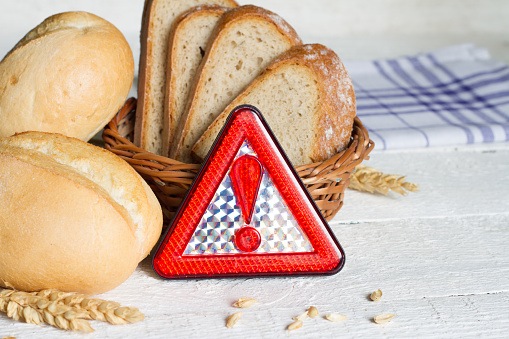
In this week’s edition of DocWire’s Homepage round-up: researchers have found a positive link between leisure-time physical activity and diet from childhood to adulthood; an ‘all natural’ dietary supplement caused liver failure in a young woman; primary care practitioners identified several factors that contribute to burnout; and U.S. News & World Report released a list of the best (and worst) diets for 2020.
A recent study published in the International Journal of Environmental Research and Public Health found a positive link between leisure-time physical activity (LTPA) and diet from childhood to middle age. The researchers assessed data on 3,537 participants (51% females) from the Cardiovascular Risk in Young Finns Study. The results showed that persistent physical activity during leisure time from childhood to adulthood was associated with higher and more frequent fruit and vegetable consumption when compared to persistent low activity or inactivity.
An ‘All Natural’ Dietary Supplement Caused Liver Failure in a young adult, doctors say. Emily Goss was a normal, healthy 23-year-old woman living in Amarillo, Texas, before she required a liver transplant on Christmas Day, which doctors speculate was the result of Goss’ “all-natural” dietary supplement.
In a new study, published in JAMA Internal Medicine, primary care practitioners (PCPs) identified several contributing factors to burnout and low professional fulfillment. The research authors wrote that this marked one of the few studies that “engage frontline PCPs for their perspectives.” To conduct this qualitative study, the researchers arranged focus group discussions and interviews among 26 PCPs. The results of the study revealed six common themes emerged from PCPs’ experiences with burnout: they included three external contributing factors and three internal manifestations. The PCPs described burnout resulting from overwhelming workloads that increasingly involve less medical work and more office work, and work environments that push unreasonable expectations. These PCPs felt demoralized by their work conditions, undervalued by both local institutions and the health care system as a whole, and conflicted in their daily work. Moreover, the PCPs projected a sense of professional dissonance, or “discomfort from working in a system that seems to hold values counter to their values as clinicians.”
U.S. News & World Report released its 10th annual ranking of the best diets. This report, comprised of 35 diets, included reviews from a panel of 25 health experts. For the third consecutive year, there was a clear winner which stood above the competition, while one of America’s most popular programs ranked near the bottom. Find of which diets made the cut…






 © 2025 Mashup Media, LLC, a Formedics Property. All Rights Reserved.
© 2025 Mashup Media, LLC, a Formedics Property. All Rights Reserved.